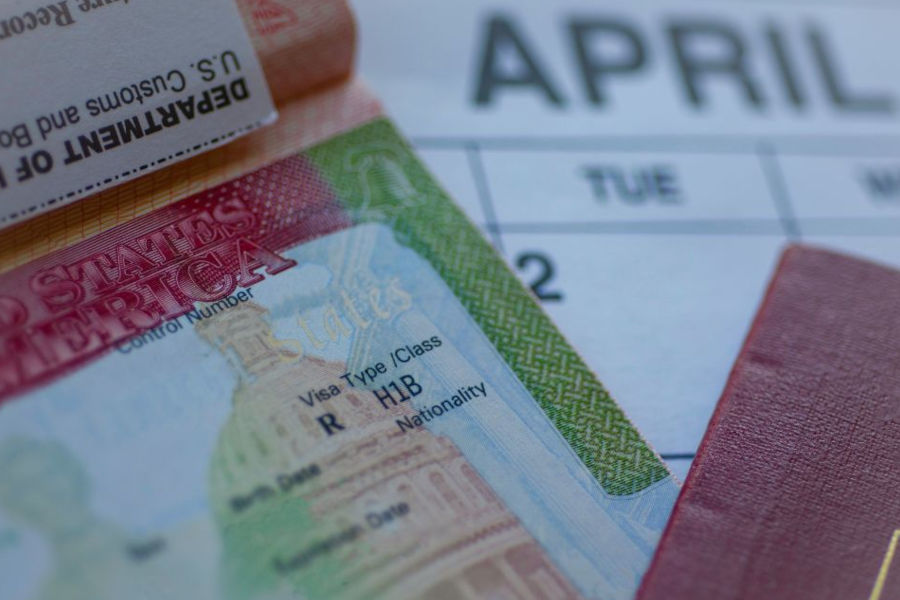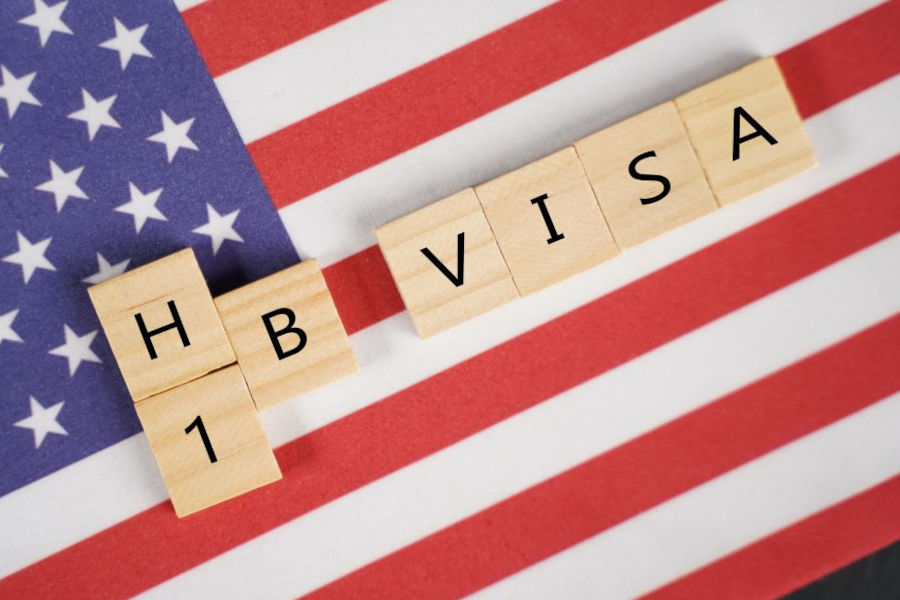AC21 (or, more formally, the American Competitiveness in the 21st Century Act) allows for job portability in certain circumstances. In plain terms, this means that when someone seeking an employment-based green card changes jobs, they may not have to file another Form I-140 (Immigrant Petition for Alien Worker) or receive a new labor certification.
Job portability is possible only when an individual has had a pending Form I-485 (Adjustment of Status or green card application) for at least 180 days and has already had (or can have) their I-140 approved. From there, USCIS conducts a totality of circumstances analysis to determine whether the new job is within the same or similar classification. USCIS must find it more likely than not that the job is the same or similar, based on the Department of Labor’s Standard Occupational Classifications (including those on the original I-140 and the new request, done on I-485 Supplement J), the specific job duties, the requisite qualifications (such as skills or certificates), wages, and any other credible evidence the petitioner submits. No factor is purely determinative, and USCIS will consider circumstances explaining differences, such as why wages have changed.
Moreover, USCIS can consider the natural trajectory of a career if the job change is a promotion. This is in addition to the usual factors that would evaluate a move to a more senior, but non-managerial role, or a move to managing employees whose positions are the same or similar to the one the applicant previously held.
Where an application falls outside the job portability timing requirements, the visa priority date can still be retained, unless USCIS finds fraud or misrepresentation on the original I-140, material error in approving the I-140 in the first place, or an invalidation or revocation of the underlying labor certification (PERM). However, a new PERM and I-140 will still be needed in this case.
To illustrate, assume a national of India had their I-140 approved for an EB-2 visa in 2010 and, under the October 2020 visa bulletin, is now eligible to submit their I-485. Because this individual has not yet applied for their green card, they do not have an I-485 that has been pending for at least 180 days, and therefore are outside the scope of AC21. If this person changes jobs now, they will need a new PERM and I-140, but will not lose their figurative place in line, as the priority date will not change. Thus, they can still apply for adjustment of status in accordance with the visa bulletin.
On the other hand, if this person applies now and is not intending to change jobs for at least 180 days, AC21 will apply at the time of the change. Under those circumstances, the individual would use Supplement J to request portability, and USCIS would conduct the analysis described earlier.
Because job portability depends on the totality of circumstances, and cases can vary depending on the evidence an applicant is able to offer, consulting an experienced immigration attorney can help when considering a change of jobs ahead of or while seeking lawful permanent residency. Francis Law Center has resources available on employment-based immigration and may be able to help.
This information is intended to educate and should not be taken as legal advice.
Written by Francis Law Center Staff Eric Liberatore










